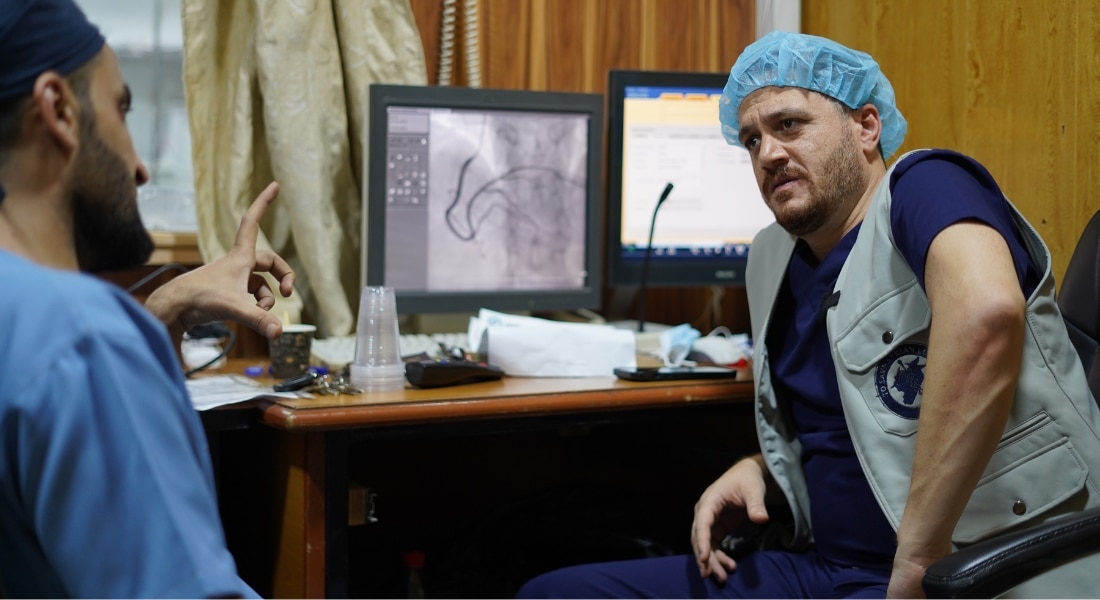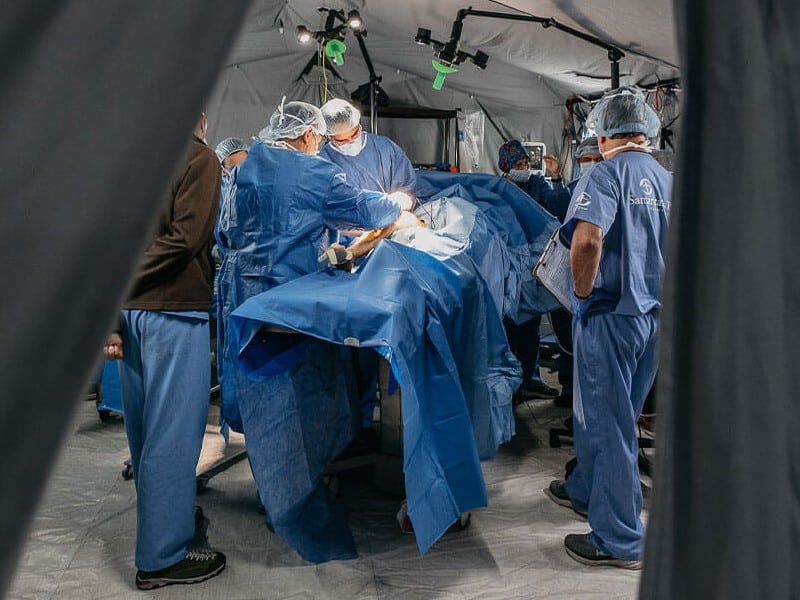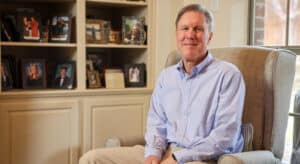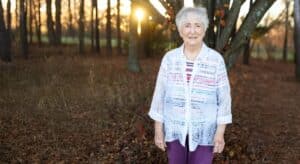A humanitarian crisis involving five million Syrians displaced by civil war and natural disaster inspired a team of American doctors to visit refugee camps along the Middle Eastern nation’s northwest border.
Among them was interventional cardiologist Anas Alomar, MD, chair of the department of medicine and medical director of cardiology on the medical staff at Methodist Southlake Medical Center.
“It’s a conflict zone, and people are in dire need of medical services,” says Dr. Alomar, a Houston native who grew up in Syria and went to medical school in Damascus. “The need for lifesaving care is tremendous, and it felt great to help them.”
This was the first visit to northern Syria by Dr. Alomar, whose wife, Sawsan Rashdan, MD, an oncologist and educator, traveled there last year, soon after an earthquake devastated the border with Turkiye.
“I’ve been involved remotely with consultations and training, but when you go there, it’s different,” Dr. Alomar says. “These refugee camps have been there for 10 or 15 years, and conditions have gotten so much worse since the earthquake.”
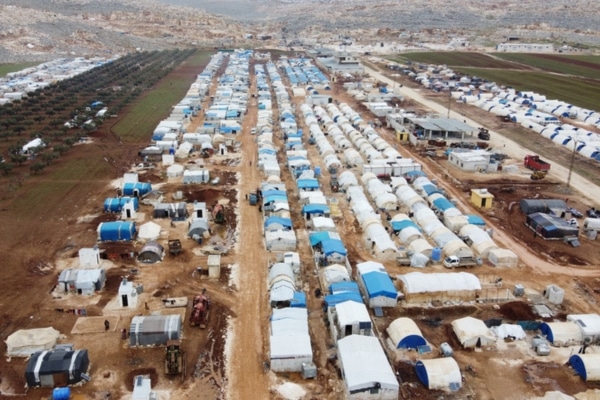
A camp in northwest Syria houses over 1 million refugees who fled the nation’s civil war.
277 SURGERIES IN 5 DAYS
The people seeking refuge in these camps are stuck between a rock — the border, which closed after clashes this summer — and a hard place — the civil war that has devastated their own country since 2011.
“There is a real scarcity of doctors, medical training, and even basic equipment and supplies,” Dr. Alomar says. “That’s where the Syrian-American Medical Society steps in.”
In September 2024, two dozen physicians joined the nonprofit group’s mission, a team of specialists that included cancer and GI doctors, pediatric surgeons and OB-GYNs, and cardiologists and pathologists.
“These doctors have done a lot of medical missions to Jordan, Lebanon, Turkiye, all the neighboring countries, and especially Syria since the earthquake,” Dr. Alomar says.
Demand for their services was huge, with patients seeking appointments months in advance. All told, the doctors completed 277 surgeries and 1,367 consultations in just five days.

Dr. Alomar performs a cardiac catheterization with help from Syrian medical assistants.
BUSY DAY AND NIGHT
When Dr. Alomar arrived, his schedule already had 34 heart patients, many of them seeking complex procedures that local doctors weren’t equipped to handle.
“The nurses and medical assistants over there are very well-trained,” he notes. “And they know that time is limited and what they’re doing is important. So they work as hard as they can, and so do we.”
At the end of any given day, Dr. Alomar performed up to 10 cardiac interventions, often catheterizations to open blocked or narrowed coronary arteries that could otherwise cause a heart attack or cardiac arrest.
“We also had patients walk in who weren’t on the schedule but whose needs were just as desperate,” Dr. Alomar says. “We try not to turn people away.”
The trip also included a major educational component with Dr. Alomar and his colleagues leading rounds, lectures, and hands-on sessions that gave hundreds of trainees a crash course on advanced medical procedures.

Dr. Alomar and his wife, Sawsan Rashdan, MD, intend to return to help every chance they get.
RISK AND REWARD
Dr. Alomar says he and his wife never felt unsafe. Although they were working in a largely autonomous region controlled by a Syrian opposition group, they were dependent on help and security from abroad.
“On the final day of the mission, we had to leave earlier than anticipated because of some security issues in the neighboring towns,” he says. “It’s definitely worse now, so we were lucky to get out when we did.”
Even so, he and his wife are eager to return next year because all that hard work was its own reward.
“After we got back, we realized we were only sleeping four hours a night while we were there,” Dr. Alomar says. “But in the moment, it felt amazing because you’re helping these people that no one else can help. It’s one of the best experiences of our lives.”

